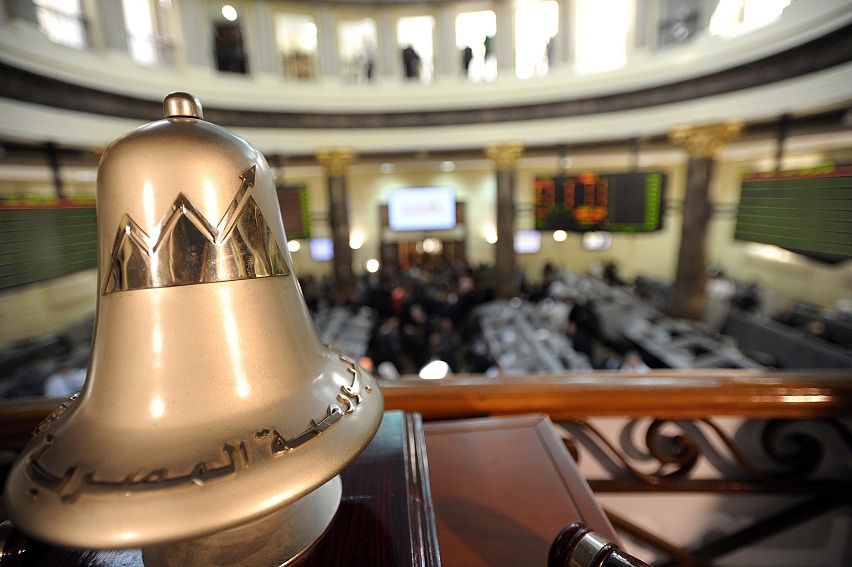
(AFP Photo)
By Mohamed Ayyad
The government will allow cement firms to import coal without waiting for Ministry of Environment to devise standards to mitigate pollution, a spokesman for the prime minister’s office said Tuesday.
“The decision to use coal as an energy source in the cement industry is final,” said Sherif Shawky, media counsel for interim Prime Minister Ibrahim Mehleb. “The cement firms will be committed to environmental standards currently in place until the Ministry of Environment develop the new ones. The ministry is working on it by now and it will be suppose launched in one month.”
Once the new standards are in place, cement factories will be required to abide by them, he said. Until then, companies will adhere to current environmental regulations adopted by steel companies and other industries that use coal.
Minister of Environment Laila Iskander opposed the decision, arguing that factory equipment will take at least five months to be adapted to the new standards. “If the firms begin to import now the coal, they will never do it,” she said.
Shawky criticised Iskander for failing to deliver the new standards in a timely manner.
“Laila Iskander notified the government that she would finalise the new standards for coal use in the cement industry within two months, but she didn’t,” he said. “Due to the gas crisis, we can’t wait more.”
The cabinet was divided over the decision to import coal to power cement factories. The ministries of environment, tourism and health opposed the idea. But the ministries of petroleum, electricity, industry, pressed the issue.
Cement firms have lobbied hard for permission to import coal since the government started rationing their natural gas supplies in an attempt to save energy. For three years, the factories have been working at 50% of their production capacity because of fuel shortages.
Mehleb confirmed Sunday that the cabinet made the decision to import coal in order to divert the natural gas usually allocated to the cement industry to “cope with the power outage crisis.”
Cement companies obtain pay subsidised prices for gas, but sell their products at market prices.




